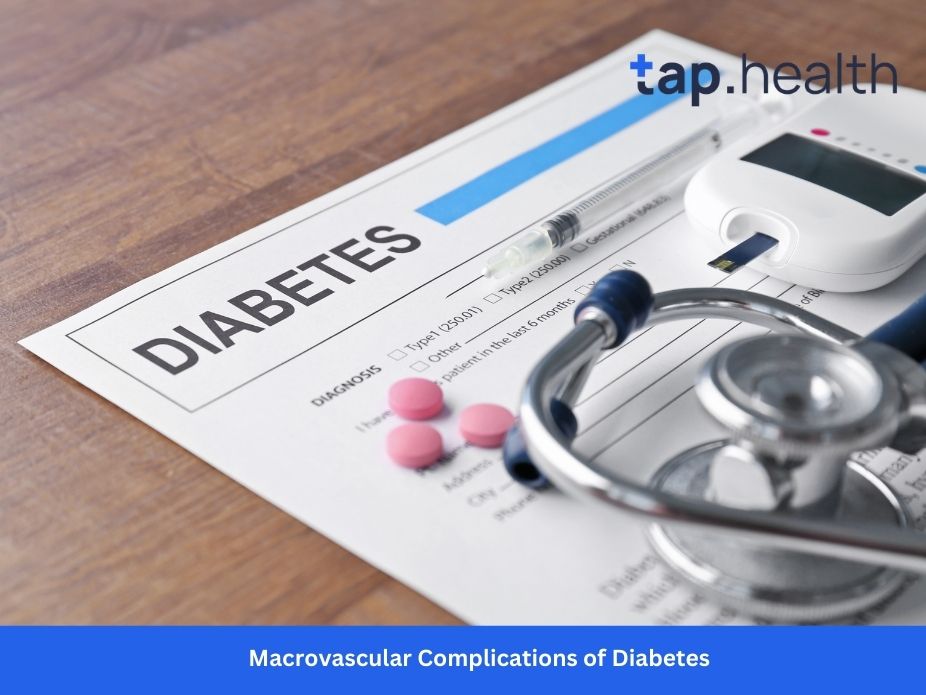If you’re someone who enjoys a quick breakfast from fast food chains, you’ve probably come across the popular Sausage Egg McMuffin. This iconic sandwich from McDonald’s is loved for its combination of savory sausage, a soft egg, and melted cheese, all tucked inside a warm English muffin. But how many calories does it really pack? Is it a healthy breakfast option? Let’s dive into the details!
In this article, we will explore the calorie content, nutritional breakdown, and some alternatives to help you make an informed decision about whether this sandwich fits into your diet. We’ll also provide some helpful FAQs that can answer any lingering questions you might have.
What’s Inside a Sausage Egg McMuffin?
Before we get into the specifics of calories, let’s first take a look at what’s inside a Sausage Egg McMuffin. This classic fast-food breakfast sandwich consists of:
- Sausage patty: A seasoned pork sausage that is grilled and placed on the muffin.
- Egg: A freshly cracked egg that is cooked to perfection.
- Cheese: A slice of American cheese, which adds a creamy texture and flavor.
- English muffin: A toasted English muffin that holds all the ingredients together.
All these ingredients come together to create a delicious, hearty breakfast that’s often served with a side of hashbrowns or a drink. But now, let’s get into the real question: How many calories are packed into a Sausage Egg McMuffin?
How Many Calories Are in a Sausage Egg McMuffin?
The calorie count of a Sausage Egg McMuffin can vary depending on the location, but on average, a standard Sausage Egg McMuffin contains approximately:
- Sausage Egg McMuffin Calories: 480 calories
This total includes the calories from the sausage patty, egg, cheese, and the muffin itself. However, it’s important to consider that the sandwich also contains additional macronutrients like fats, carbohydrates, and protein, which can significantly affect the overall health impact.
Breaking Down the Nutrition
1. Calories from Fat
A large portion of the 480 calories comes from fat. Let’s break it down further:
- Total Fat: 27g
- Saturated Fat: 9g
- Trans Fat: 0g
The fat in a Sausage Egg McMuffin mostly comes from the sausage and cheese. The saturated fat content, which is higher than recommended for a balanced diet, can be a concern for those watching their heart health or trying to reduce fat intake.
2. Carbohydrates
Carbohydrates in a Sausage Egg McMuffin mainly come from the English muffin.
- Total Carbohydrates: 34g
- Dietary Fiber: 1g
- Sugars: 3g
While the sandwich does contain a moderate amount of carbs, it isn’t loaded with sugar. The 1g of dietary fiber is minimal, which means the sandwich might not be as filling as it could be if it had more fiber.
3. Protein
The protein in this sandwich comes from the sausage and egg, which are both high-quality sources.
- Total Protein: 22g
With 22g of protein, the Sausage Egg McMuffin can help keep you feeling full and satisfied, which is important for maintaining energy levels throughout the morning.
4. Cholesterol and Sodium
There are also some key things to consider when it comes to cholesterol and sodium intake.
- Cholesterol: 260mg
- Sodium: 780mg
The cholesterol content is relatively high due to the sausage and egg, so individuals with high cholesterol or those concerned about heart health should be mindful of their intake. The sodium level is also on the higher end, so it might not be the best option for those monitoring their salt consumption.
Is the Sausage Egg McMuffin Healthy?
The Sausage Egg McMuffin isn’t exactly the healthiest breakfast option, but it can still be part of a balanced diet if consumed in moderation. Here are some pros and cons to consider:
Pros
- Good Source of Protein: With 22g of protein, the Sausage Egg McMuffin provides a solid amount of this essential nutrient, which is important for muscle repair and growth.
- Convenient: It’s a quick and easy breakfast option, especially if you’re on the go.
- Satisfying: The combination of fat, protein, and carbs helps keep you full until your next meal.
Cons
- High in Calories: At 480 calories, it’s a significant portion of your daily calorie intake, especially if you’re trying to maintain or lose weight.
- High in Saturated Fat: With 9g of saturated fat, it’s not the best choice for those trying to limit unhealthy fats in their diet.
- High in Sodium and Cholesterol: The sandwich contains a significant amount of sodium and cholesterol, which can be a concern for heart health.
Can You Make It Healthier?
If you’re looking to make your Sausage Egg McMuffin a bit healthier, here are some tips:
1. Swap the Sausage for a Healthier Option
Many fast-food restaurants offer alternatives to the regular pork sausage patty. Consider choosing a turkey sausage or a veggie patty instead, which can reduce the fat and calorie content.
2. Go for an Egg White Option
Instead of using the whole egg, you can opt for just the egg whites, which will lower the calorie and cholesterol content.
3. Skip the Cheese
While the cheese adds flavor, it also adds calories and fat. You could either skip it altogether or opt for a lighter cheese to reduce the calorie content.
4. Add Vegetables
If available, you can ask to add vegetables like spinach, tomatoes, or even avocado. These additions can increase the fiber and nutrient content of your breakfast, making it a more balanced option.
Alternatives to the Sausage Egg McMuffin
If you’re looking for a healthier or lower-calorie breakfast option, here are a few alternatives:
1. Egg McMuffin
If you want something similar but with fewer calories, the regular Egg McMuffin (without sausage) is a good option. It has around 300 calories and is lower in fat and cholesterol.
2. Fruit and Yogurt Parfait
For a lighter, more refreshing breakfast, McDonald’s fruit and yogurt parfait provides a good mix of fruits, low-fat yogurt, and granola, making it a healthier alternative at around 150 calories.
3. Oatmeal
Another healthy alternative is oatmeal, which is low in calories and can be customized with fruits and nuts for added flavor and nutrition.
FAQ on How Many Calories in a Sausage Egg McMuffin?
How Many Calories in a Sausage Egg McMuffin Without Cheese?
If you choose to skip the cheese, a Sausage Egg McMuffin contains about 440 calories. This is a reduction of 40 calories, making it a slightly healthier choice if you’re looking to cut back on fat.
Is a Sausage Egg McMuffin a Good Breakfast Option for Weight Loss?
While the Sausage Egg McMuffin provides a good amount of protein, it is also high in calories, fat, and sodium. If you’re trying to lose weight, you may want to opt for a lower-calorie or lower-fat breakfast. However, it can still fit into your diet if eaten in moderation and balanced with other healthy meals throughout the day.
Can I Customize a Sausage Egg McMuffin to Make It Healthier?
Yes! As mentioned earlier, you can swap out the sausage for turkey or veggie sausage, choose an egg white, skip the cheese, and even add vegetables like spinach or avocado to make the Sausage Egg McMuffin a healthier option.
What Is the Sodium Content in a Sausage Egg McMuffin?
A standard Sausage Egg McMuffin contains 780mg of sodium, which is about 34% of the recommended daily intake for most adults. If you’re watching your sodium intake, you might want to be cautious when choosing this sandwich.
Can I Get a Sausage Egg McMuffin Without Sausage?
Yes, you can customize your order and request a Sausage Egg McMuffin without the sausage. You’ll still get the egg, cheese, and muffin, but the calorie and fat content will be lower.
Final Thoughts
The Sausage Egg McMuffin is a delicious and satisfying breakfast option, but it’s not the healthiest choice due to its high calorie, fat, and sodium content. If you’re trying to make healthier decisions, consider modifying the sandwich or opting for lighter alternatives. Regardless, the Sausage Egg McMuffin can still be part of a balanced diet when eaten in moderation.
Remember, it’s not just about the calories; it’s about maintaining a well-rounded, healthy diet. By understanding what’s in the food you eat, you can make smarter choices that align with your health goals.


